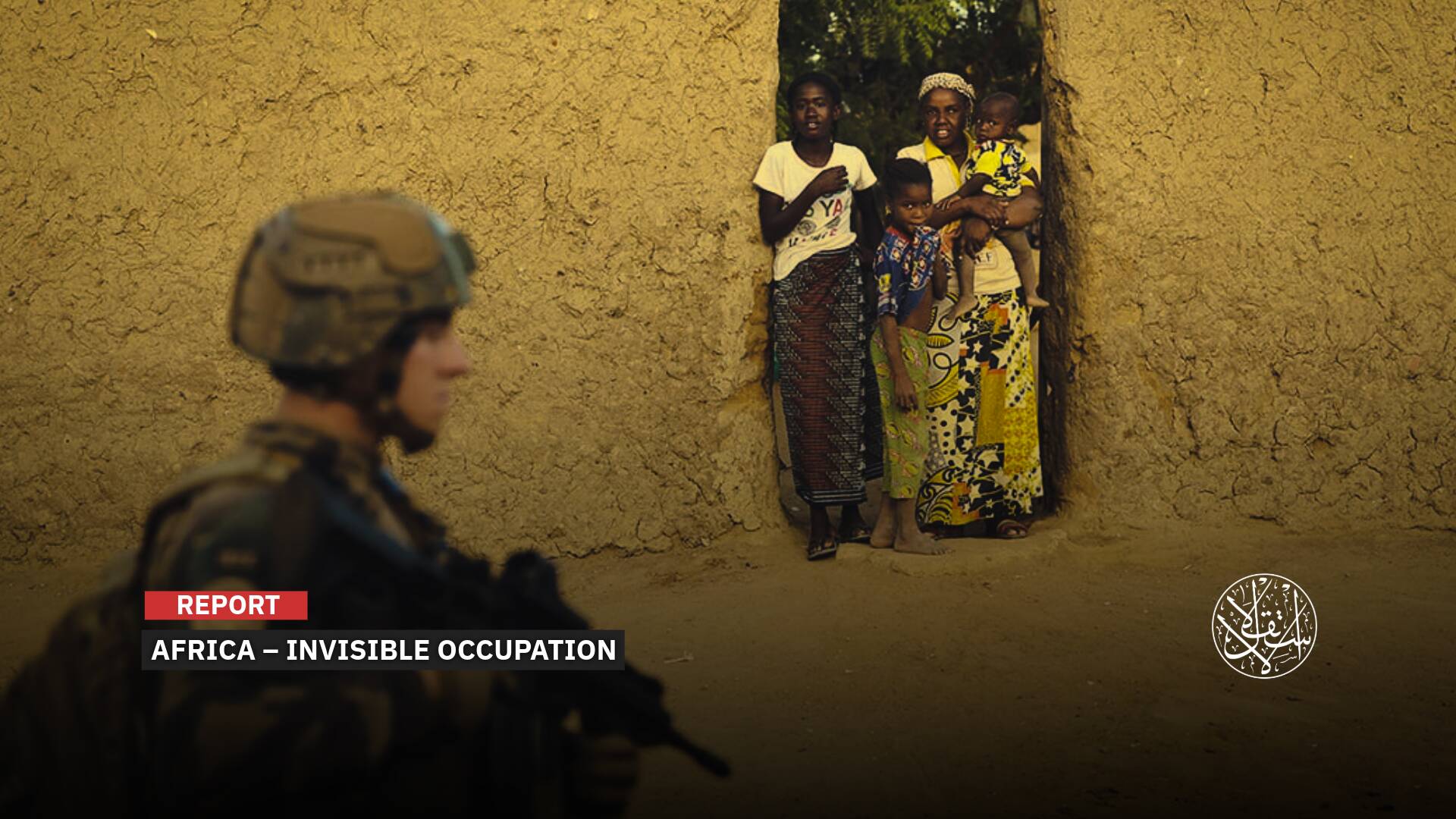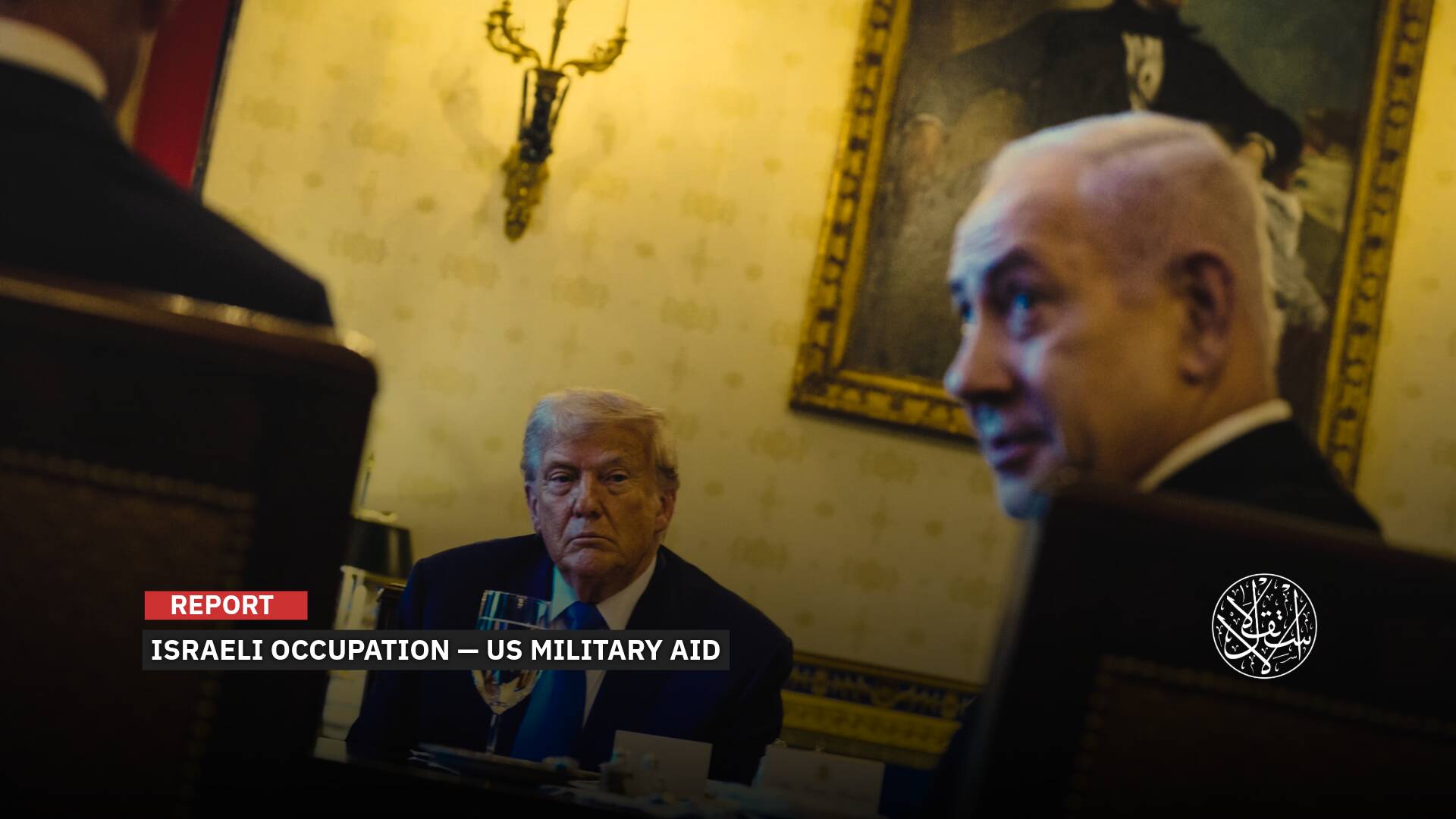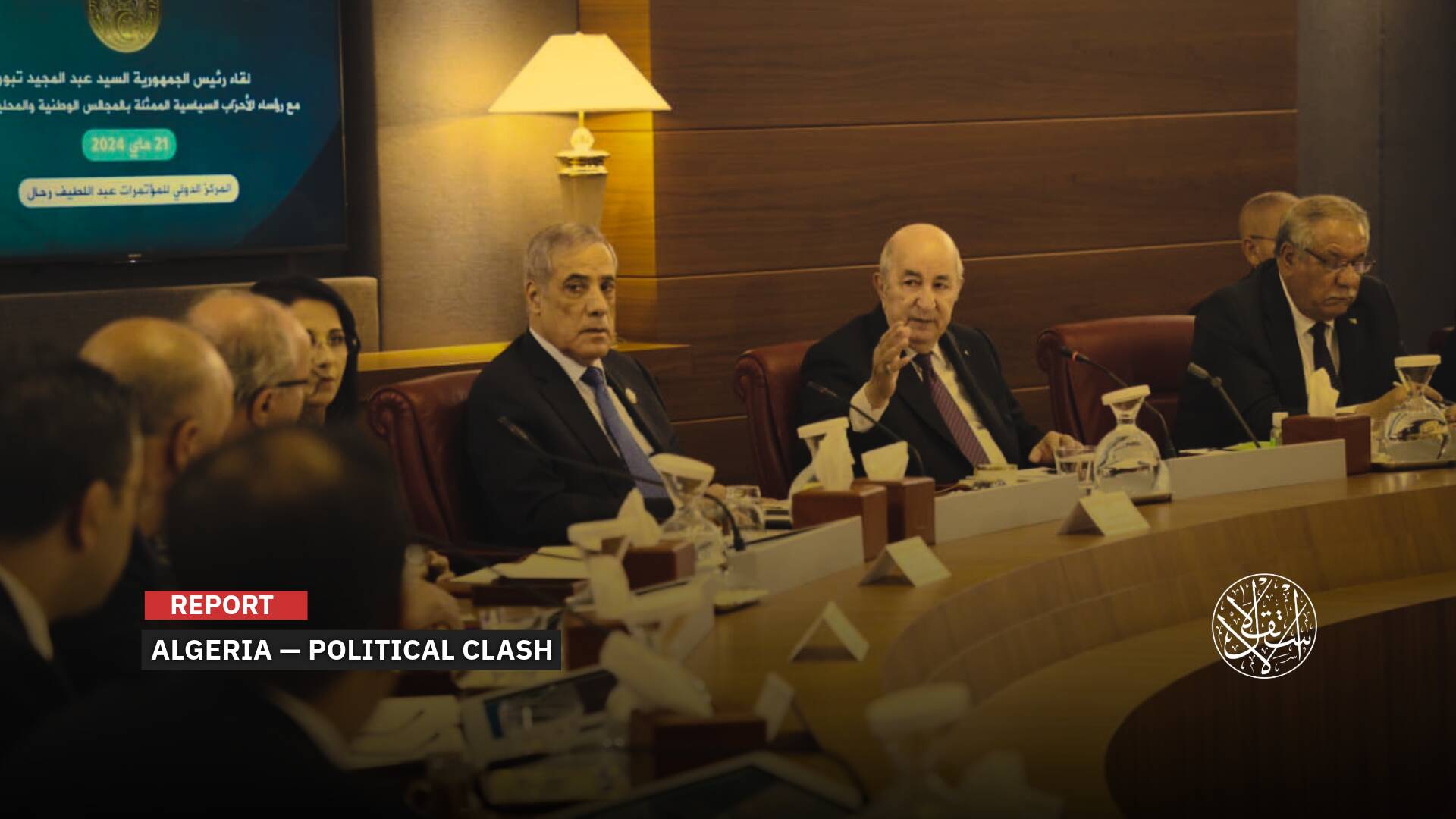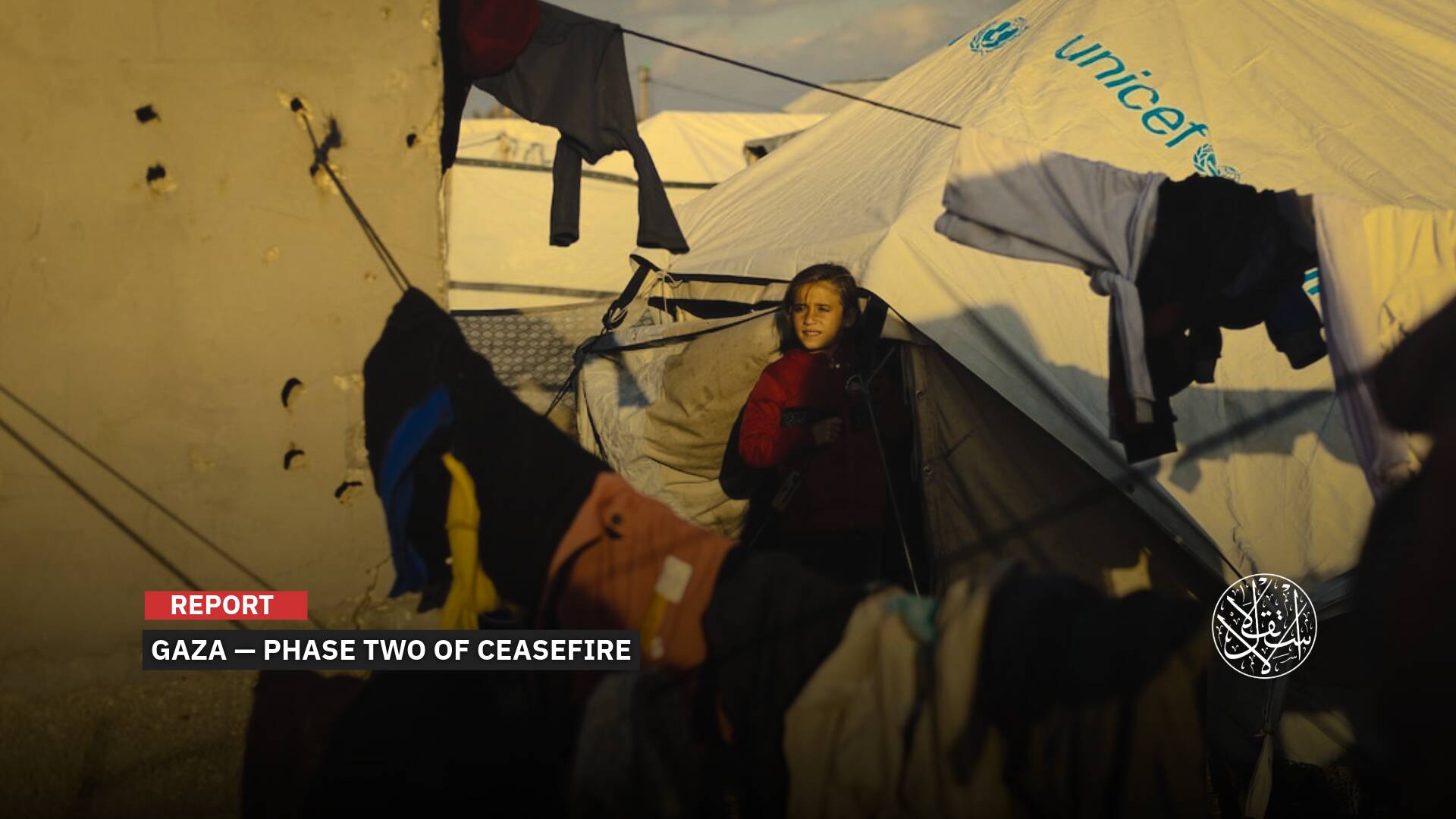Despite His Setbacks in Ukraine, This Is How Putin’s Popularity Is Promoted in Russia

Russian media is still trying to keep the image of President Vladimir Putin as great as it was in the eyes of his citizens before his decision to invade Ukraine on February 24, 2022.
Research centers and opinion polls close to the Kremlin continue to provide high levels of Putin’s popularity within the Russian Federation.
It is noteworthy that these numbers come despite the unprecedented Russian setbacks militarily in the Ukrainian field and in light of the shrinking of the Russian economy by 5% on an annual basis in September 2022 after Western sanctions.
Politically, too, the image of the 70-year-old was shaken, as his US counterpart, Joe Biden, described him as a “war criminal” on March 16, 2022, less than a month after the start of the ongoing invasion.
Popularity Promotion
In a poll published on December 30, 2022, by VCIOM, Russia Public Opinion Research Center, it was stated that the Russians’ level of trust in President Putin amounted to 78.5%.
According to the new poll, in which 1,600 citizens of 18 years of age participated, the rate of approval of the head of state’s activities reached 74.9%.
On August 26, 2022, the VCIOM published a public opinion poll where Putin had the confidence of 81.2% of Russian citizens.
Putin’s personal popularity rating reached 83% in March 2022, and it remained at that level until August, before his popularity plummeted to 77% in September, according to the Russian non-governmental Levada-Center for public opinion studies.
The decline came after the start of the amazing Kharkiv offensive in Ukraine, and at that time Kyiv was able to recover more than 3000 km2 from Moscow’s forces; it was a painful blow to the Russian invasion.
However, Putin’s popularity returned and rose to 79% following his announcement in September 2022 of annexing about 15% of Ukraine’s territory to his country, in the largest annexation in Europe since World War II.

According to VCIOM’s study, published on March 12, 2022, Putin’s popularity from February 10 to February 14, 2022, was around 67%.
However, the Russian president enjoys the confidence of 77.4% of citizens, raising his popularity more than it was before the war, according to the study.
In 2015, Putin’s popularity reached its historic peak when he won a confidence rate of 89%.
Advertising Machine
Observers believe that many Russians may still feel pressured to express a favorable opinion of the head of state because of Russia’s repressive regime.
This comes after the pressure increased on the ruling authority, with the Russian military forces continuing to suffer losses in Ukraine, and the Ministry of Defense was forced to announce the partial mobilization of reservists to fill the shortage on the fronts.
A negative reaction to the partial mobilization was recorded, and thousands of young people fled the country in an attempt to avoid being called up.
Therefore, with Putin rejecting all peace efforts and stopping the war, the Russians fear new waves of summons imposed by the developments of the battles.
This causes people to lose more children, friends, and acquaintances, especially since those who are killed are classified as “missing in combat,” so that the Russian defense does not exaggerate the number of its soldiers killed in the war.
But still, this is the most dangerous moment in Putin’s presidency since he came to power as president in 2012.

The Russian propaganda machine played a role in spreading the Kremlin’s narrative about the motives for invading Ukraine by intensifying news programs to win the hearts and minds of citizens and make them repeat the Kremlin’s justifications.
The reasons propagandized are that the Russians succeeded in liberating Ukraine from neo-Nazi Ukrainians who raped Russian women and killed their husbands, and that the West is currently trying to destabilize Russia.
The Kremlin’s propaganda machine aims to keep the Russian people misinformed and politically passive, especially following the recent purge of all major independent media outlets and the banning of any media voice against the war on Ukraine.
The lack of political freedom in Russia has become “recognizable”; a new class has been created in Russian society characterized by indifference resulting from one official propaganda.
Surveys Game
In this context, Dmitry Muratov, Nobel Peace Prize laureate and editor-in-chief of the independent newspaper Novaya Gazeta, said in an interview on September 29, 2002, that “Pollsters in Russia have more information about the people they call than just their phone number.”
“The Russians are aware of this, and when they receive a call asking if they support Putin, they are likely to say yes, fearing that saying no will have negative consequences,” he added.
“Moreover, the rate of those who refuse to respond in the first place is so high - maybe around 75% that with such skewed analyses, it’s no wonder that the official results show Putin’s approval rating is high.”
Also, the massive sanctions imposed on Russia have pushed the Russian ruble lower against the dollar, causing a higher cost of living for many Russians.
Amid deteriorating economic conditions for Russians, analysts say the invasion of Ukraine is unlikely to give Putin a popular boost, especially since the war resembles a “fratricidal war” given the close historical and ethnic ties between the two peoples.
Conversely, the invasion of Ukraine is motivated by Putin’s desire to see regime change in Kyiv and overthrow his pro-Western Ukrainian counterpart, Volodymyr Zelensky, whose popularity has risen to 91% of Ukrainians for his defense of the country against Russia.
Andrei Kolesnikov, assistant director of the Levada Center in Moscow, believes that for many respondents to opinion polls about Putin’s popularity, of course, there is fear and unwillingness to reveal their opinions, but one should not ignore those who really support Putin.
Kolesnikov added to the Washington Post in early October 2022 that there is also a large group of ideological supporters, nationalists, and imperialists, in addition to those who are simply accustomed to Putin and have no idea who can become a leader after him, especially since Putin continues to be in power.
Loyal Putin
The promotion of Putin’s popularity in the media does not stop. Rather, Putin has used religious institutions to enhance the confidence of Russian citizens.
The Russian Orthodox Church stood by Putin in justifying the war on Ukraine, to the extent that the head of the church, Kirill I, went so far as to issue a “fiery fatwa” in which he said that dying in the fight against Ukraine washes away all sins.
Kirill did not stop at this point but started to recall the people of Putin’s qualities and presented him as the “savior” of the Russian Federation.
Patriarch Kirill appointed Putin on October 27, 2022, as “chief exorcist.”
Therefore, Daily Mail, a third of Russians do not support Putin’s decision to launch military operations in Ukraine, a figure that rises to nearly 50% in major cities.

Despite all of this, Putin insists that the current battle is existential between Russia and the “devilish” West, although his country is currently isolated and subject to sanctions.
In conclusion, Putin, whose current presidential term ends in 2024, is currently concentrating all power in his hands at a time when it is noted that the Russian elites are disjointed, do not trust each other, are subject to sanctions, and all they can do is be near Putin, according to analysts.
Putin has ruled Russia, whether as president or prime minister, since the beginning of the twenty-first century, making him the most residual leader in the Kremlin since the late Joseph Stalin.
Russia made constitutional amendments in 2020 that allow Putin to compete for two additional terms of office, each of six years, and had it not been for these amendments, he would have had to leave power in 2024.










